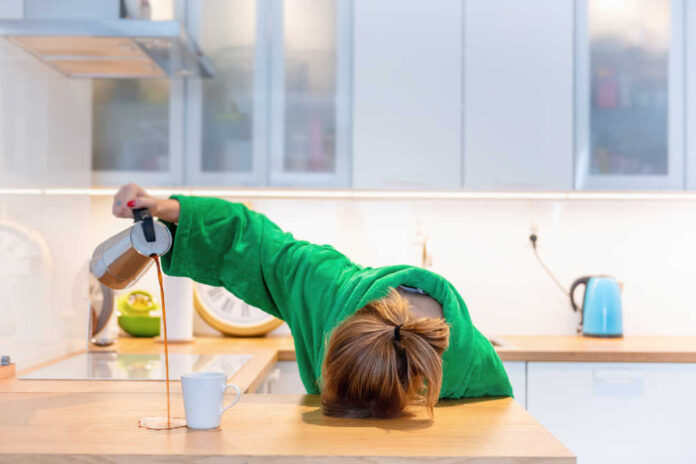
Feeling sleepy right after you wake up is not terrible, but it can affect your cognitive function and impair your productivity for the rest of the day. In extreme cases, it can lead to accidents! Fortunately, some research on morning alertness has shown that the factors that cause it are modifiable and can be avoided with the right knowledge.
Factors that Cause Morning Tiredness
What You Eat
What you eat can affect your mental performance first thing in the day. Researchers established this by having participants eat standardized breakfasts on several days, with the same total number of calories but variable protein, carbohydrate, and fiber content.
They also examined how the participants felt after each meal and compared it to how they felt after eating a reference meal containing moderate amounts of proteins and carbohydrates.
Participants who ate the high-carbohydrate breakfast reported feeling more awake in the morning compared to those who ate the reference meal. The high-protein breakfast, on the other hand, was associated with less wakefulness than the reference meal.
Mattress Problems
Your mattress may be to blame if you wake up tired, stiff, or hurting muscles and joints.
According to reliable sources, a medium-firm bed is the most comfortable option. In addition, how old your mattress is, is important to the quality of sleep and the number of aches and pains experienced from it, according to a 2009 study.
Allergic and asthmatic patients are especially vulnerable to allergens, like dust mites, that live in mattresses and can keep them awake at night, coughing and sneezing.
Weather and Temperature
The ideal temperature for a good night’s sleep depends on the individual. However, a cooler bedroom is recommended. If you have trouble falling or staying asleep because of heat or cold, adjust the temperature in your bedroom.
If you’re still having difficulties nodding off, putting on a pair of socks before bed can help raise your body temperature and open your blood vessels. It was found in a study conducted in 2007 that adults who wore either heated or non-heated socks to bed had an easier time nodding off.
Drinking Alcohol
Alcohol has a sedative effect and can tire you, but it doesn’t promote quality sleep. After the initial sedative effect of alcohol wears off, it makes it harder to fall asleep and wakes you up more frequently during the night.
When consumed close to bedtime, alcohol disrupts sleep and increases the risk that you will wake up feeling exhausted.






















